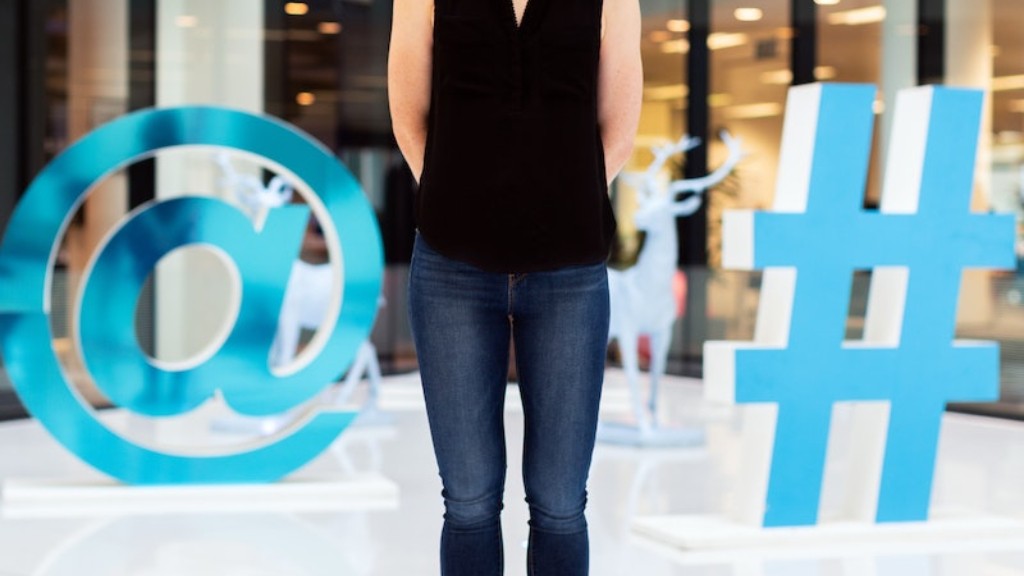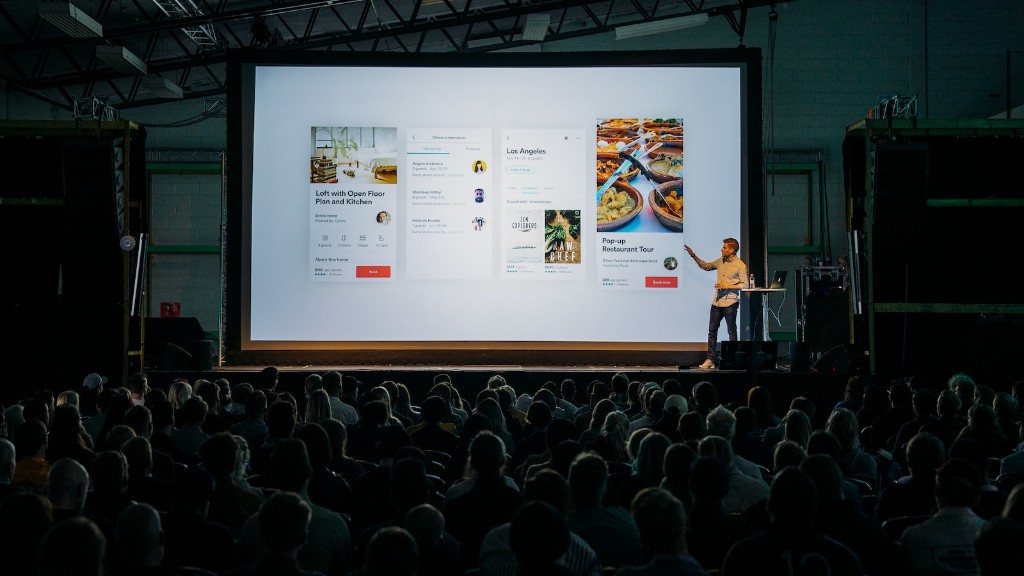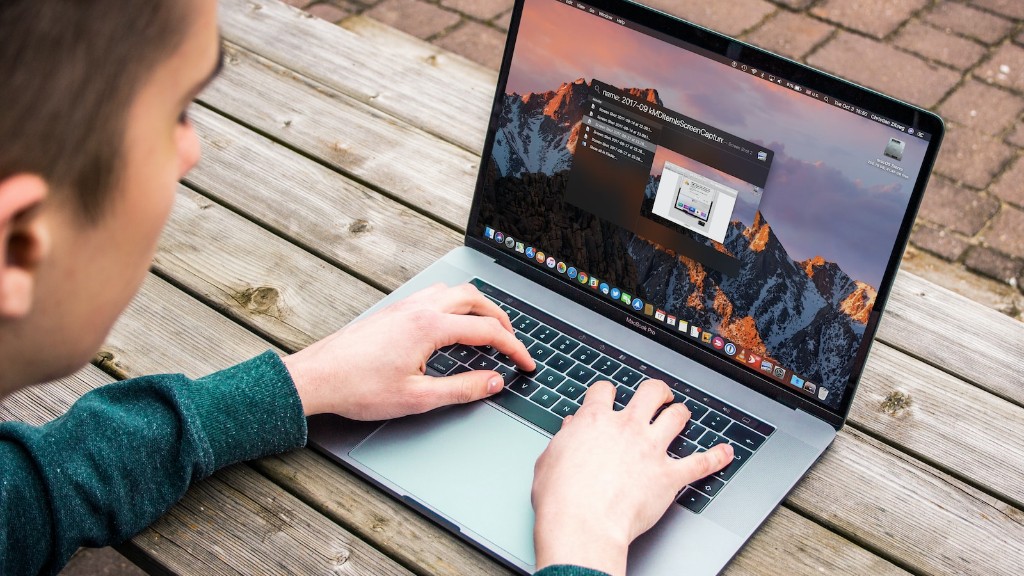Digital marketing is constantly evolving, and the changes we see in the 2020s will be unlike anything we’ve seen before. For one, the way we use technology will change dramatically. We’ll see an increase in the use of artificial intelligence and virtual reality, which will redefine the way we interact with customers and create experiences for them. Additionally, we’ll see a shift in the way we consume content, with more and more people using mobile devices and consume content on the go. This will require marketers to be more strategic in the way they create and deliver content. And finally, we’ll see a change in the way we measure success, with a focus on engagement and conversions, rather than just reach and impressions. These changes will require marketers to be more agile and adaptable than ever before, but those who are able to embrace the change will be well-positioned for success in the 2020s.
What we can be certain of is that digital marketing will continue to change and evolve rapidly in the 2020s. We can expect new technologies and platforms to emerge and change the way we interact with customers and prospects. Additionally, the way consumers search for and find information is likely to continue to change, as artificial intelligence and voice search become more commonplace. As a result, businesses will need to be agile and adapt their digital marketing strategies to stay ahead of the curve.
How will digital marketing change in the future?
As artificial intelligence (AI) evolves, businesses will increasingly automate digital processes and make informed business decisions based on data analytics insights. One report highlights that the execution of more than 85% of digital ads will be done through automation in the foreseeable future.
This shift will result in increased efficiency and effectiveness in advertising campaigns, as well as more accurate targeting of ads to consumers. In addition, businesses will be better able to track and analyze customer behavior, allowing for more personalized and relevant marketing messages.
Digital marketing has revolutionized the way businesses market themselves. It has made it easier and more affordable for businesses to reach their target audiences, and has increased conversion rates. Traditional marketing has become a secondary option for many businesses, as digital marketing provides a more effective and efficient way to reach potential customers.
How digital marketing is changing marketing
Digital marketing has given companies a new way to interact with their audience. It is faster and easier to gain the trust of the audience and to get publicity. Companies that use digital marketing strategies enjoy unprecedented growth in their business. They have a global reach that allows them to reach new markets and to sell their products and services to a wider audience.
Programmatic advertising is a form of advertising that uses data and algorithms to automate the buying and placement of ads. This allows for more targeted and efficient ad campaigns, as well as more seamless and instantaneous customer experiences. With the increasing use of data and sales tech tools, AI-enabled B2B customer experiences are set to become even more commonplace. As such, buyers are increasingly looking for seamless, instantaneous results from their interactions with businesses.
What will digital marketing look like in 2023?
It’s important for marketers to stay ahead of the curve and anticipate customer needs in order to be successful. In 2023, there will be a shift from technical-based marketing to anticipation marketing. This will enable marketers to anticipate what customers want and then feed it into automation processes. This new mindset will now only make things more efficient but will enable personalization.
We can expect to see a continued increase in the use of voice search and AI-powered chatbots by consumers in the next decade. This shift is being driven by the increasing availability of AI technology and the growing trend of consumers using voice commands to interact with their devices. In addition, as more businesses adopt chatbots to automate customer service and support, we will see a continued increase in the use of these tools by consumers.
What will digital marketing look like in 20 years?
Digital marketing agencies will need to adjust their strategies to make use of original images and videos that are more relevant to the content of a particular page. AI programs will become an integral part of advertising, but they will not become self-aware and take over the world.
In the wake of data privacy concerns and the Cambridge Analytica scandal, marketers are placing increased importance on the use of first-party data. This data is collected directly from consumers, either through website interactions or surveys, and is considered to be more reliable and trustworthy than data collected from third-party sources.
As a result, brands will have to shift focus and work harder to use first-party data more effectively. This means engaging thoughtfully with consumers on their website, rather than relying on third-party sites. It also means being transparent about how data is being used, and offering consumers a way to opt-out of data collection if they so choose.
Privacy concerns are not going away anytime soon, and brands that can adapt to the new landscape will be the ones that succeed in the long run.
Does digital marketing have a great future ahead
The field of digital marketing has seen a steady increase in recent years, largely due to the growth in social media. This trend is expected to continue in the coming years, resulting in numerous opportunities for those in the field. Digital marketers need to stay up-to-date with the latest trends in order to stay ahead of the competition.
Digital marketing is growing at a fast pace with a compound annual growth rate of 9% from 2020 to 2026. This growth is driven by the continued increase in use of digital devices and the shift of consumers towards online channels for information and purchases. Search is the largest and fastest growing digital marketing channel, accounting for 409% of the global market. Display advertising is also growing rapidly, with a projected 155% CAGR over the same period.
Is digital marketing expected to grow?
According to a recent report, the global digital marketing software market is estimated to be worth USD 6533 billion in 2022 and is expected to grow to USD 7627 billion by 2023. This market is forecast to have a compound annual growth rate (CAGR) of 5.5% from 2023-2030.
Yes, the only constant in digital marketing is change. It can be difficult to keep up, but it’s worth it to stay ahead of the curve. Here are a few tips:
1. Stay up to date on the latest news and trends. There are a number of great online resources for this, such as CMO.com, eMarketer, and MarketingProfs.
2. Attend industry events. These are great opportunities to network and learn from others in the industry.
3. Stay active on social media. This is a great way to stay connected with others in the industry and get your name out there.
4. Read industry publications. There are many great digital marketing publications, such as Search Engine Land and MarketingSmart.
By following these tips, you can stay ahead of the curve and be prepared for whatever changes come your way.
What will marketing look like in 2030
Today, businesses rely heavily on advertising platforms to reach their target audiences. However, in the future, there will be a shift in focus and mindset. Rather than focusing on advertising platform, brands will focus a lot more on advertising through people. This will result in a more diverse marketing channel mix for businesses.
The next digital marketing trend is using chatbots to market and advertise businesses. This is a great way to connect with customers and potential customers in a more personal way. Additionally, chatbots can help businesses automate some of their marketing tasks, making the process more efficient.
What are the future trends in marketing?
Artificial intelligence is rapidly becoming a prominent future marketing trend. It is useful in data analysis to spot trends and make predictions, and it is being used in more creatively-focused ways like copywriting and graphic design.
The advancement of artificial intelligence, specifically natural language processing and machine learning, will become more prevalent in 2023. This technology can better understand us and perform more complex tasks. In addition, the estimated 5G revolution will change the way we live and work in the future.
Warp Up
In the 2020s, digital marketing will continue to evolve as new technologies emerge and as consumers increasingly use digital channels to connect with brands. Marketers will need to stay ahead of the curve to remain relevant and effective. Here are four ways digital marketing will change in the 2020s:
1.More personalization: Thanks to advances in data collection and analysis, marketers will be able to deliver more personalized messages to their target audiences. This could be in the form of targeted ads, customized content, or even real-time offers based on a consumer’s current location and needs.
2. Greater focus on mobile: With more people using smartphones and tablets to go online, mobile marketing will become even more important in the 2020s. Marketers will need to optimize their websites and content for mobile devices and make sure their campaigns are designed with mobile users in mind.
3. Increased use of AI: Artificial intelligence will become more widely used in marketing in the 2020s, helping marketers automate tasks, personalize messages, and make better decisions.
4. More immersive experiences: Thanks to advances in technology, marketers will be able to create more immersive and realistic experiences for consumers. This could include virtual reality, augmented reality, and 360-degree videos.
There is no doubt that digital marketing will continue to evolve at a rapid pace in the 2020s. As new technologies become available and more businesses move online, the landscape of digital marketing will continue to change. we can expect to see more personalization, more automation, and more use of AI in digital marketing in the coming years.





